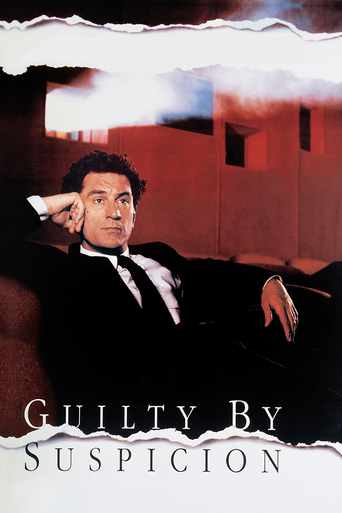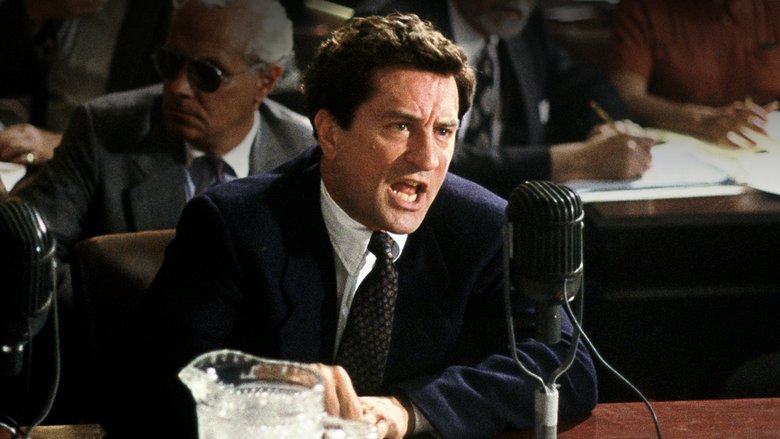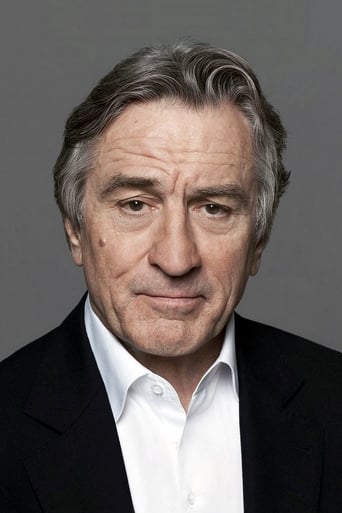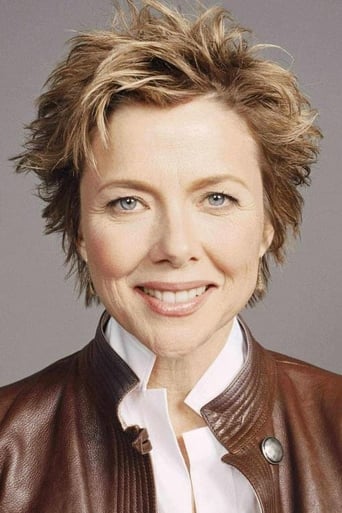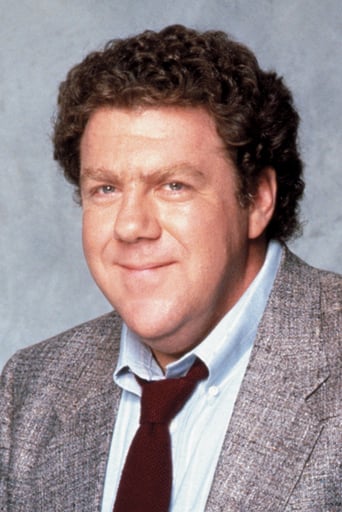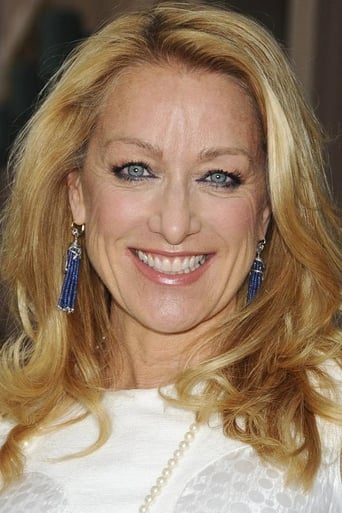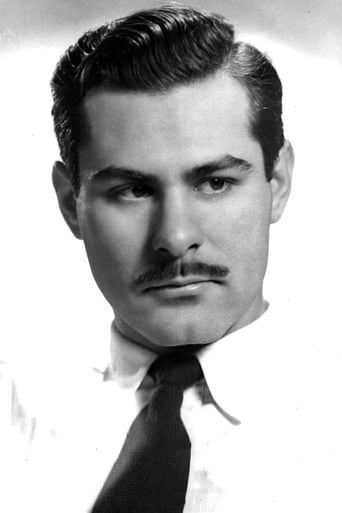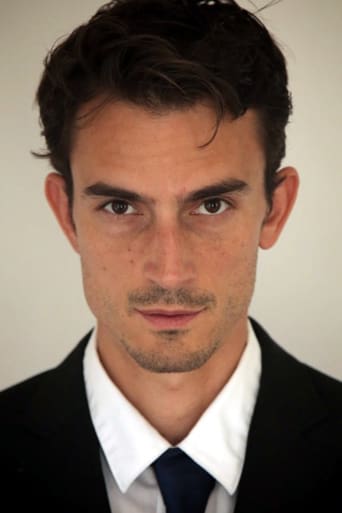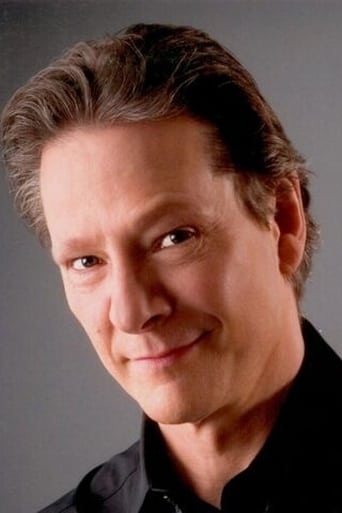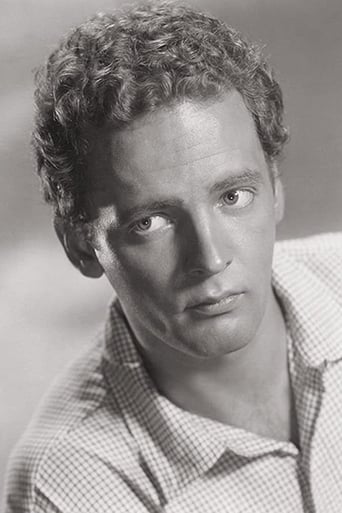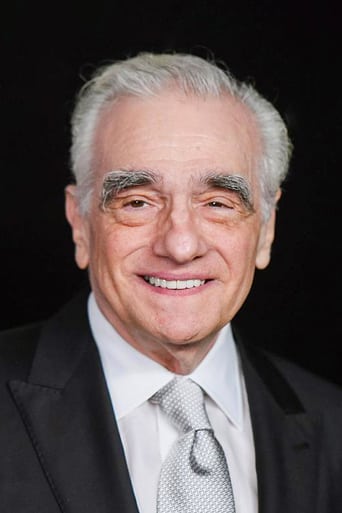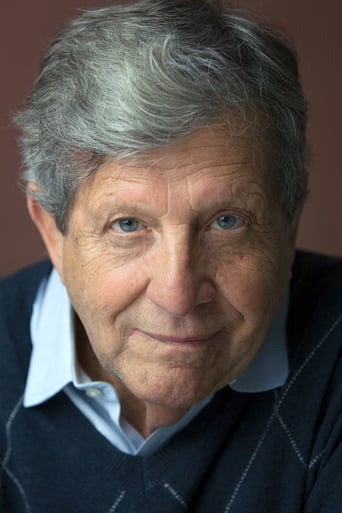This compelling story vividly recreates Hollywood's infamous 'Blacklist Era'. The witch-hunt has begun and director David Merrill can revive his stalled career by testifying against friends who are suspected communists. Merrill's ex wife shares a whirlpool of scandals that draws them closer together while his chances for ever making movies again slips further away...


Similar titles
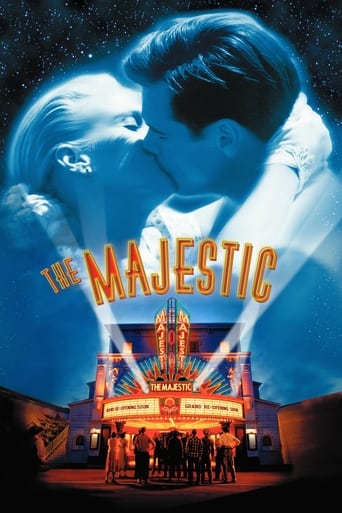
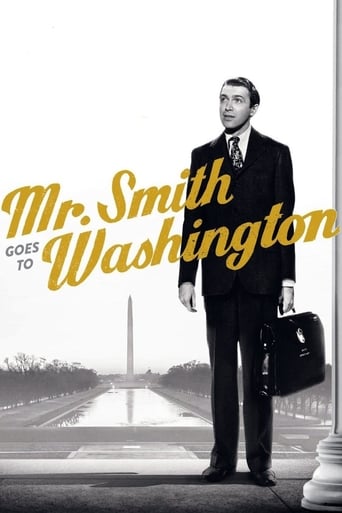
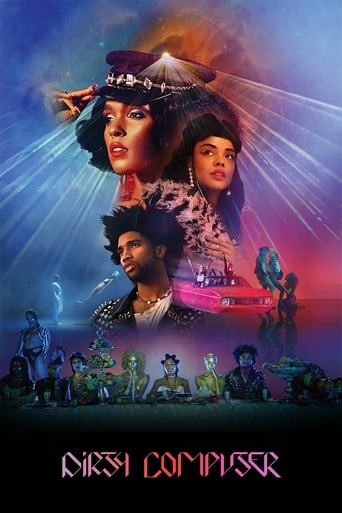
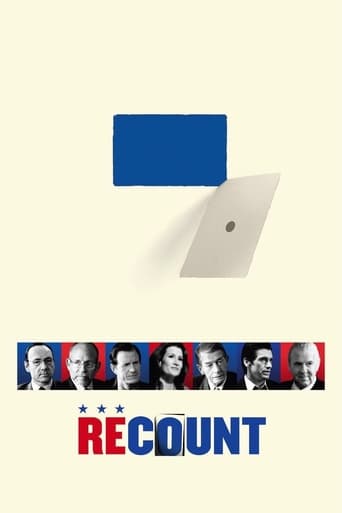
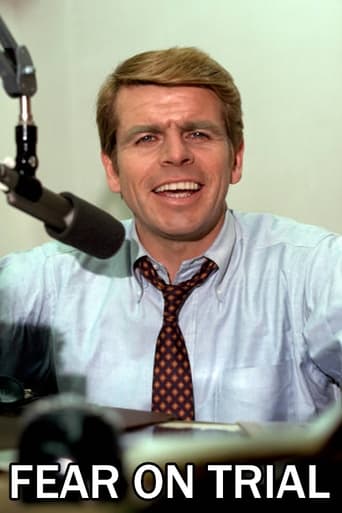
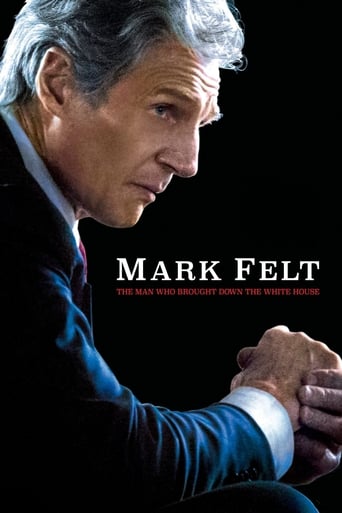
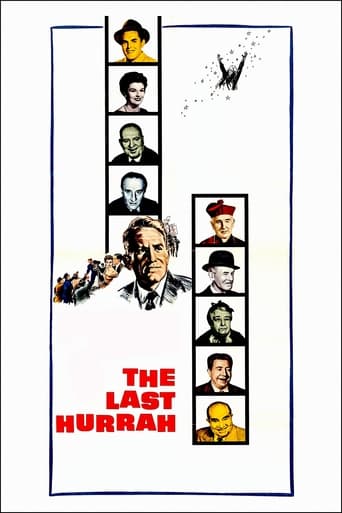
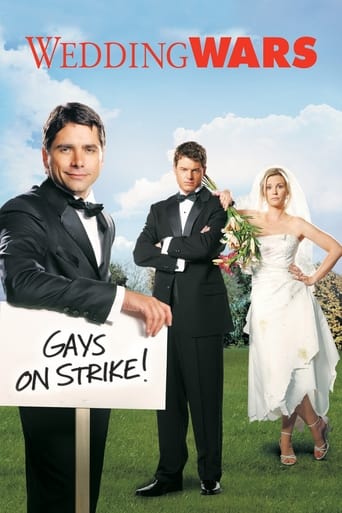
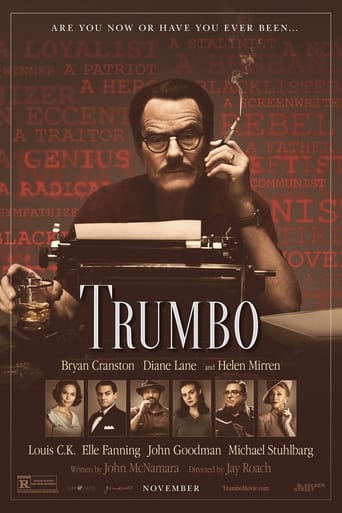
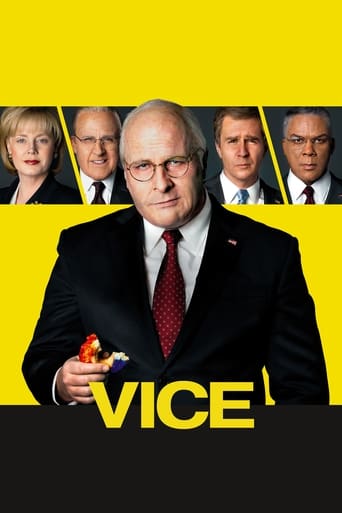
Reviews
Director David Merrill (Robert De Niro) returns from filming in France to find the country over-run by the Red Scare. People are all taking loyalty oaths. The House Committee on Un-American Activities is hunting for Communists. Bunny Baxter (George Wendt) is his writer best friend. Actress friend Dorothy Nolan (Patricia Wettig) is struggling after her husband named names. David's married to Ruth (Annette Bening) with a young son. Friendships and marriages are breaking apart as tension rises. With his work on the line, Merrill is also pushed to name names as others acquiesce.It's a sincere telling of a fictional Red Scare story with some of the real players in the real history of the Un-American Activities Committee. It's very sincere but not the most thrilling drama. The actors are first rate. Despite the good work, there are no surprises and nothing too dramatic. It feels more or less melodramatic. This is one movie where a based on true story would be useful.
Movie about the House Committee on Un-American Activities and their attack on supposed communism in Hollywood. It takes place in 1951 and director David Merrill (Robert DeNiro) returns from France to find Hollywood and his friends living in terror of being called to testify in front of the committee. If you didn't name names your career was officially over and you were (unofficially) suspected of being a communist. Merrill refuses to name anybody and his life becomes a nightmare. It also affects his ex-wife Ruth (Annette Bening) and friend Bunny Baxter (George Wendt).This movie has good intentions and it's great that anybody made a film dealing with the horrendous witch hunts in the 1950s--but this film just doesn't work. It's simplistic to a ridiculous degree--EVERYTHING is dumbed down so anyone can get it. Also the plot is obvious (I was always one step ahead of this) and the movie is overlong. However the movie looks just great and the music is wonderful. Acting really helps this one--DeNiro is a little subdued but still good; Bening is given the thankless ex-wife role but pulls it off; Wendt overdoes it at times but is basically pretty good and Patricia Wettig (as a friend who cracks under the strain) is WAY over the top to an embarrassing degree. Also it's amusing to see Martin Scorses in a small role as a director. Ultimately the film is too bland to really work--but the courtroom sequence at the end does provide real fireworks. Worth seeing if you know nothing about what happened in Hollywood back then. I can only give it a 5.
****SPOILERS**** Intelligent and uncompromising movie with an almost total lack of the false heroics, on the part of those victimized, that you would usually expect in films like these of the Hollywood "Blacklist" years.It's September 1951 and Hollywood's "Golden Boy" director David Merrill, Robert de Niro, has just come back from France where he spent the last three years making movies for Fox Studios. David has come back to a country that doesn't resemble the free and open, to ideas and opinions, nation that he left. It's not long afterwords that he's hit with the stark reality of the overblown and self-righteous House of Un-America Activities Committee (HUAC) that destroyed, financially as well as psychically, thousands of people in the entertainment world for no other reason then to throw it's weight around in fighting the communist menace. which it unconsciously did more to advance in its own very Un-American and Un-Constituional witch hunts and hearings.David finds his friends in the entertainment industry in a white panic the very first evening, at a welcome home party at his house, when screen writer Larry Noland, Chris Cooper, got into a very heated exchange with his actress wife Dorothy, Patricia Wetting, over him naming names at a secret HUAC hearing. The names that included some of his, and Dorothy's, life long friends in the industry. Called into he office of his boss 20th Century Fox head man Darryl Zanuck, Ben Piazza, David's told that he'll soon be subpoenaed to testify before HUAC and if he values his job in movies, or anywhere else in the entertainment world, he'd better tell them what they want to hear.David is even told to turn in his own wife Ruth, Annette Bennings, as being a member of the Communist Party if that's what they wan't David to do!Excellent recreation of a period of American History that we'd very well wan't to forget. Robert de Niro is at his very best as the troubled and self-doubting Hollywood director David Merrill who during the entire movie is caught between a rock and a hard place.David is given a way out, by HUCA, to rat out his friends and associates for among other things an anti-Atomic Bomb Peace rally that they attended in 1946.There's no real winners in the movie "Guilty by Suspicion" with everyone in it from David on down being forced one way or another out of the profession that they chose, creativity in movies books and on the stage,to put all their hearts and souls into. There's poor Dorothy Noland who's career as an actress was destroyed and even had her young son Matthew taken away from her by being falsely accused by her rat-fink husband Larry, working in concert with HUAC, as an unfit mother. With all doors in Hollywood and on Broadway closed to her and never seeing young Matthew again Dorothy started to drink heavily. One evening after saying goodbye to David and Ruth at a restaurant in L.A Dorothy, at the end of her line,got herself smashed on drinks and ended up really getting smashed by killing herself in a car smash-up. The smear-mongering scoundrels of HUAC had the gal to grill David about her, Dorothy, being a communist, which she wasn't, even with her body still warm in her grave!David for his part, who was anything but a hero up until then, just had enough and threw caution, that his lawyer Felix Graff (Sam Wanamaker) told him to have, and his career to the wind and let the Grand Inquisitor Chairman Woods, Gallard Sartain, an his two sneering and sanctimonious deputies Congressmen Tavennar & Veld, Robin Gammell & Brad Sullivan, have it. David tells them: "In the name of ridding the world of Communism you destroyed her life! Have you no shame in what your doing! She's DEAD!" David did indeed become a hero at the end of the movie but not because he wanted to be one but because his conscience and love of country and just plain human decency wouldn't let him be anything else.
This is a fairly good movie. It provides a compelling dramatic struggle and captures the paranoia of an era. However, like many Hollywood movies, it strives more to create a dramatic story than an accurate one.This movie was originally to be based on the life of blacklisted writer/director Abraham Polonsky (Force of Evil, Body and Soul). Polonsky was working in France at the time of the HUAC hearings and a friend called to tell him not to come back or he'd be called to testify. He deliberately came back for the express purpose of telling HUAC where they could stick it. This is a good story as an anecdote, but not a great story for a movie.The one place in which this movie (and many other movies) softens the history is by making the protagonist politically neutral. It is certainly true that many people accused were not communists or had only attended a meeting out of curiosity, but this is not true for everybody. Many of these people were devout socialists. As Polonsky has said on occasion "During the Great Depression, anybody with a brain considered Communism. The Capitalist system was BROKE. Communism looked like a smart bet." While many of these people reconsidered as the nation returned to prosperity, a large number did not.Most of the famous Hollywood Ten were still believers in socialism when they were blacklisted. There is no evidence that any of them were spies for the Soviet Union-- many of them had already learned that the USSR was not the socialist paradise they dreamed of-- but they did believe in the writings of Mark and Engels. It is also true that they placed socialist themes in their films. They created gangsters who only cared about money, families screwed over by greedy real estate brokers and poor saps who put it all in the stock market.However, none of this was illegal. They had every right to believe in whatever politics they chose to. They had every right to create these films-- and their movies seemed to have a resonance with the audience. They're lives and careers were destroyed because they held political beliefs that some viewed as threatening.I also want to point out that Elia Kazan was not the model for this film. Elia Kazan has been repeatedly condemned by Polonsky and others who were blacklisted. He chose to name names and to allow the HUAC to bully him. I don't condemn him for this like other people. As this movie shows, so much was on the line for people who HUAC sets their sights on. Kazan cracked. He failed to be a hero, when the time came. This doesn't mark him a coward, merely something less than a hero. "On the Waterfront," while not a direct explanation of his actions, is an excellent look at his state of mind around that time.While yes, I have not spent much time reviewing this movie, I felt it necessary to set the record straight about history.
